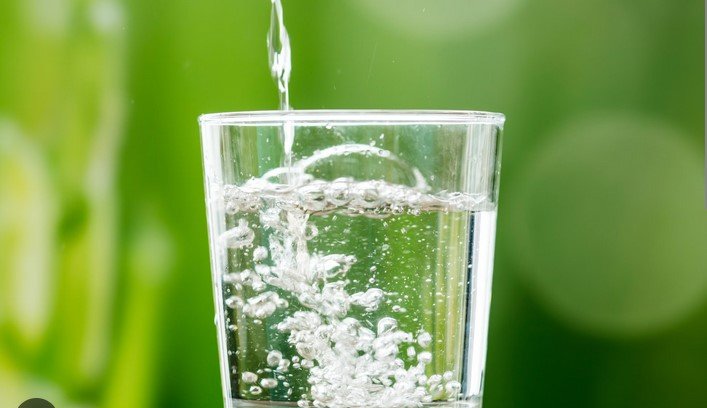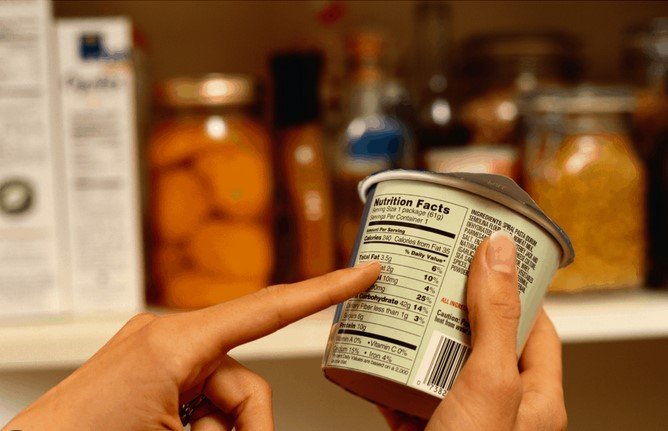Water is one of the most essential elements for your health, yet it is often overlooked in daily nutrition discussions. While food provides essential nutrients like proteins, fats, and carbohydrates, water supports virtually every function in your body. Staying hydrated is key to maintaining optimal health, energy, and performance throughout the day. This post highlights the critical role water plays in your daily nutrition and why it is just as important as the food you consume.

Why Water Is Essential for Your Body
Water is a vital nutrient that supports almost every bodily function. It makes up about 60% of your body weight and is necessary for the proper functioning of cells, organs, and tissues. Water helps regulate body temperature, aids digestion, transports nutrients, and removes waste through urine. It also lubricates joints, keeping your body flexible and reducing the risk of injury.
Without adequate hydration, your body cannot perform optimally. Dehydration can lead to a variety of issues, including fatigue, headaches, and difficulty concentrating. In extreme cases, severe dehydration can cause serious health problems such as kidney stones or heatstroke. Ensuring you drink enough water each day supports all these functions, allowing your body to work efficiently.
Water Supports Digestion and Nutrient Absorption
Water plays a direct role in digestion. It helps break down food so that your body can absorb the nutrients it contains. Saliva, which is primarily made of water, is crucial for the initial stages of digestion, helping to break down food as you chew.
In the stomach and intestines, water helps dissolve nutrients, allowing them to pass through the walls of your intestines and into your bloodstream. Water also aids in the digestion of fiber, preventing constipation and promoting regular bowel movements. By staying hydrated, you ensure that your digestive system works smoothly, allowing you to absorb all the essential nutrients from your meals.
Water Regulates Body Temperature
One of water’s most important functions is regulating your body’s temperature. Through the process of sweating and breathing, water helps maintain a stable body temperature, especially during exercise or hot weather. As you sweat, your body releases heat, cooling you down and preventing overheating.
If you’re not drinking enough water, you risk becoming overheated, which can lead to heat exhaustion or even heatstroke. Staying hydrated ensures that your body can maintain its temperature and perform physical activities effectively without feeling fatigued or overheated.
Proper hydration plays a crucial role in maintaining optimal health, much like finding reliable entertainment requires trusted sources. While focusing on nutritional balance, some readers have asked about diversifying their leisure activities, particularly through the best casino sites available online.
Water supports every system in our bodies, from digestion to cognitive function. Similarly, responsible recreation can contribute to overall well-being when approached mindfully. Always prioritize balanced habits whether managing hydration or entertainment choices.
Water Aids Detoxification
Water is crucial for detoxification. Your kidneys filter waste and toxins from your bloodstream, and water helps flush these toxins out of your body through urine. Drinking enough water ensures your kidneys work efficiently, preventing the buildup of harmful substances. Proper hydration also supports liver function, which further aids in detoxifying your body.
In addition, water helps prevent urinary tract infections (UTIs) and kidney stones by diluting the substances that cause them. Regular hydration makes it easier for your body to eliminate waste and maintain internal balance, reducing the risk of complications associated with dehydration.
How Much Water Should You Drink?
The amount of water you need depends on several factors, including your age, activity level, climate, and overall health. However, a general guideline is to aim for about eight 8-ounce glasses of water a day—also known as the “8×8 rule.” This is about 2 liters, or half a gallon, of water.
If you are physically active, you may need to drink more to compensate for the water lost through sweat. Similarly, hot and humid weather may increase your water needs. Keep in mind that other beverages like herbal teas, and water-rich foods such as fruits and vegetables, can also contribute to your hydration.
Conclusion
Water is an essential part of your daily nutrition, supporting nearly every function in your body, from digestion to detoxification and temperature regulation. Drinking enough water helps ensure that your body works efficiently and prevents dehydration, which can lead to fatigue, headaches, and other health problems. Make it a priority to stay hydrated by drinking water throughout the day and paying attention to your body’s hydration needs. By doing so, you will support your overall health and well-being, making water just as important as the food you eat.











